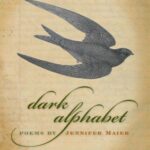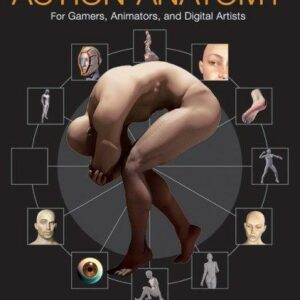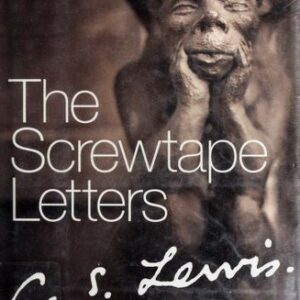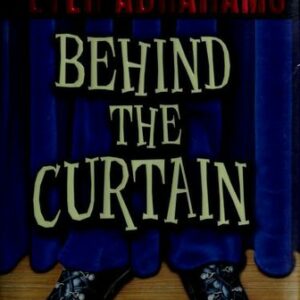Dark Alphabet
$16.95
| Title | Range | Discount |
|---|---|---|
| Trade Discount | 5 + | 25% |
- Description
- Additional information
Description
In works whose subjects range from the religious to the carnal, the whimsical to the foreboding,Jennifer Maier’s debut collection of poems,Dark Alphabet, explores the everyday mysteries of our common experience with humor, lucidity, and an unblinking yet compassionate eye. Whether occasioned by a song overheard on the car radio, a packet of risqué postcards from the 1920’s, a conversation with a dead parent, or the behavior of ducks in mating season, each poem sets off on a journey that ranges far from its origins, arriving with the reader in a clearing at dusk, in a place of wise good humor and somber grace.
In works whose subjects range from the religious to the carnal, the whimsical to the foreboding,Jennifer Maier’s debut collection of poems,Dark Alphabet, explores the everyday mysteries of our common experience with humor, lucidity, and an unblinking yet compassionate eye.
The award-winning poet Jennifer Maier is an associate professor of English at Seattle Pacific University. She serves as an editor for the quarterly journal IMAGE. Her poems have appeared in Poetry, SWINK, The Mississippi Review, Poetry Daily, and elsewhere.
Waiting at the Neptune
H. K. H.
I see you in the lighted ticket window
like you’d been assembled in there,
a Spanish galleon in a bottle,
the eight months of me carved out
in front, like a wanton figurehead.
And I see the college kids
lining up
down 45th, blue
under the neon trident. They
are about to graduate,
about to marry each other
and stop going to movies, but first,
each boy must slip this dollar
through the glass, and you,
spit out the tickets
like a purple tongue.
Only then will they begin
moving like unwary swimmers
out of the blue April night into
the seascape lobby,
making their way blind,
down sloping aisles
to velvet-covered springs,
and waiting,
while I bob inside you,
for the parting curtain,
waiting, each of us,
for our sad or happy story.
H. K. H.
I see you in the lighted ticket window
like you’d been assembled in there,
a Spanish galleon in a bottle,
the eight months of me carved out
in front, like a wanton figurehead.
And I see the college kids
lining up
down 45th, blue
under the neon trident. They
are about to graduate,
about to marry each other
and stop going to movies, but first,
each boy must slip this dollar
through the glass, and you,
spit out the tickets
like a purple tongue.
Only then will they begin
moving like unwary swimmers
out of the blue April night into
the seascape lobby,
making their way blind,
down sloping aisles
to velvet-covered springs,
and waiting,
while I bob inside you,
for the parting curtain,
waiting, each of us,
for our sad or happy story.
“Jennifer Maier’s colloquial language settles you comfortably into the passenger seat for a journey full of surprising turns. The poems are triggered by ordinary events: a friend’s asking why she doesn’t write novels; the sight of ducks in mating season. Dark Alphabet is a sophisticated blend of wit, intellect, feeling and perception, as mysterious as nightfall and as fresh as daybreak.”—Madeline DeFrees, recipient of the Lenore Marshall/The Nation Prize for her selected poems, Blue Dusk
“Maier has written a first book that doesn’t read like one, replete as it is with the evidence of a mature craft and an established vision. What frequently comes into that vision is a patterned world: it might be twin ranks of live oaks whose top branches entangle over an avenue or the flurried shadows of crows on the wing or other glimpses of the naturally paradisiacal that frame the humanly fallen. While keeping the lives of people at the center of the design, Maier gets poems as easily from the willow pattern on China as from the template of myth she sees in what she sees. Signs appear to her, also, of the literal sort. Patterns in the form of words—on cardboard over a market-gardener’s truck, on a license plate frame, or in fortune cookies—can launch her into the spirited vernacular rendered in this alphabet. Dark alphabet, it may be, but the poems are unsolemn, leavened by wit and brightened by metaphor, even when the subject is loss.”—Jason Sommer, author of The Man Who Sleeps in My Office,Other People’s Troubles, and Lifting the Stone
Additional information
| Dimensions | 1 × 6 × 9 in |
|---|












